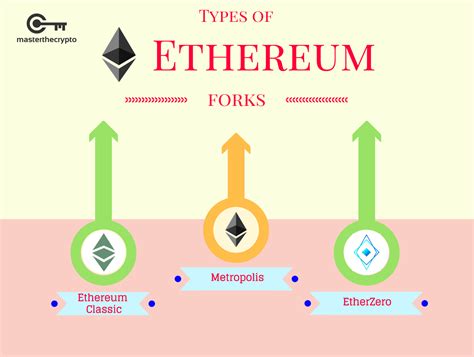Ethereum: Will Existing Transactions Be Split Across Two Chains?
In August 2021, Ethereum successfully completed its
hard fork, dubbed “The Merge,” which aimed to transition from a Proof-of-Work (PoW) consensus mechanism to a
Proof-of-Stake (PoS) mechanism.

This change was necessitated by the increasing demand for scalability and usability on the network.
After The Merge, there was concern that existing transactions would be split across two chains: Ethereum (the original chain) and Ethereum Classic (EIP-1559). However, as we delve deeper into the details of how this transition will work, it is essential to understand why existing transactions will not necessarily happen on both chains at the same time.
Because existing transactions will not be immediately split between two chains
There are several reasons why the split will not happen immediately:
- Transaction Settlement: Ethereum has a built-in mechanism to settle transactions between chains, ensuring that coins flow seamlessly between them.
- Inter-Chain Communication Protocol (ICP): ICP is designed to facilitate communication and data exchange between different blockchain networks, including Ethereum and EIP-1559.
- Ethereum Smart Contract System: Ethereum’s smart contract architecture allows for the creation of autonomous ecosystems, allowing the transfer of funds without the need for a direct link to another chain.
The New Transaction Split: 1 Chain or 2?
When new transactions are created, they will be split into two chains:
- Ethereum (the original chain)
: This is where the coins that have already been transferred to Ethereum before the merge will remain.
- Ethereum Classic (EIP-1559): New coins created during the transition will be deposited into EIP-1559.
Why aren’t all new transactions happening on both chains?
There are some scenarios where new transactions may not happen on both chains:
- New Coins: If a user wants to create new coins, they will need to deposit them into Ethereum or EIP-1559. However, this process will take time.
- Transaction Settlement: While ICP ensures that data can be exchanged between chains, it is not guaranteed that all transactions will be settled simultaneously.
In short, existing transactions will not be immediately split between the two chains due to various factors, including transaction settlement mechanisms, cross-chain communication protocols, and Ethereum’s smart contract system. New coins created through The Merge will be deposited primarily into EIP-1559, while the original chain (Ethereum) will remain unchanged.
Stay up-to-date on Ethereum with ongoing updates from the Coinbase Research team or other trusted sources.

